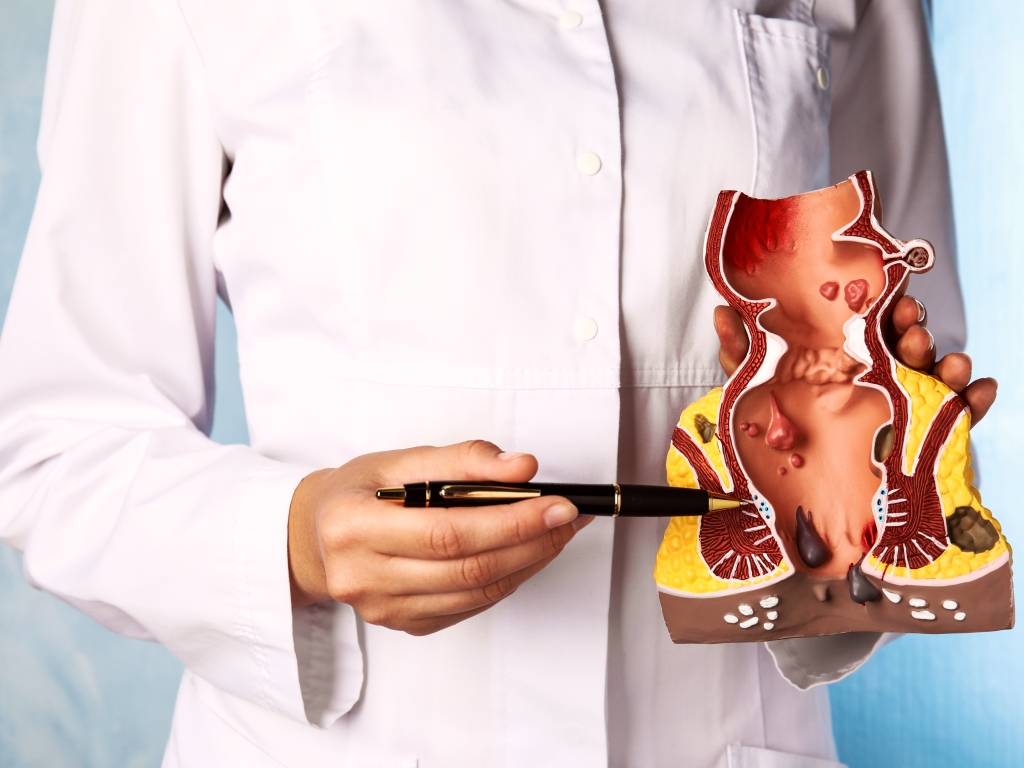Proctologists are highly specialized physicians who diagnose and treat diseases of the lower digestive tract. This includes the diagnosis and treatment of diseases of the lower digestive tract, which includes the colon, rectum and anus. Similarly, the surgical treatment of diseases of the sigmoid colon, rectum and anus is part of a proctologist’s core responsibilities.
Common proctologic conditions include hemorrhoids, anal fissures, fecal incontinence, proctalgia fugax, excessive perineal discharge, dermatologic conditions such as perianal eczema, psoriasis, streptococcal dermatitis and mycoses, abscesses, fistulas, anal skin tags, colon and rectal cancers, diverticulitis, irritable bowel syndrome, polyps, rectal prolapse, and sexually transmitted infections (STIs).
Patients should see a proctologist for any symptoms involving the lower digestive tract, such as anal discharge, rectal bleeding, a lump on the anus, changes in bowel habits or characteristics such as color or consistency, a red, swollen area on the buttocks such as an abscess, or if they are getting older and need to be screened for cancer. In addition, if the primary care physician notices changes in laboratory or clinical data suggestive of colon or rectal cancer, he or she may refer the patient to a proctologist.
Treatments for many of the above conditions depend largely on the diagnosis. Common treatments include anoscopy, colonoscopy, digital rectal exams, endorectal ultrasound, proctoscopy, sigmoidoscopy, laparoscopy, robotic surgery, and targeted or immunotherapy. In some cases, a combination of treatments may be required.

